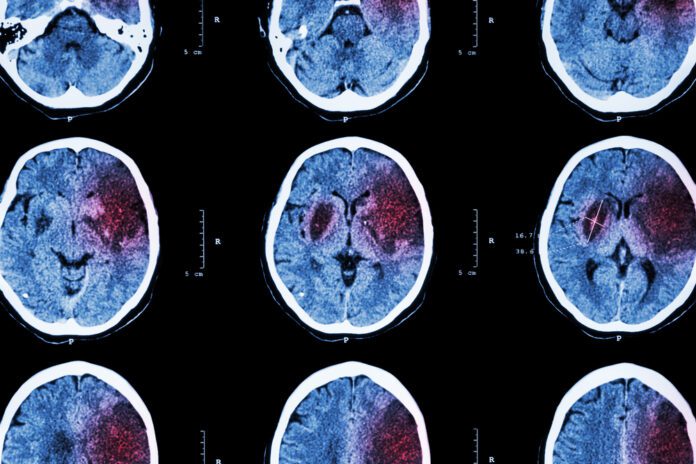Overview Of Transient Ischemic Attack (TIA)
A Transient Ischemic Attack (TIA) occurs when blood flow to a part of the brain stops for a brief time. A person will have stroke-like symptoms for up to 24 hours. In most cases, the symptoms last for 1 to 2 hours.
A transient ischemic attack is a warning sign that a true stroke may happen in the future if something is not done to prevent it.
Commonly Associated With
Mini stroke; TIA; Little stroke; Cerebrovascular disease – TIA; Carotid artery – TIA
Causes Of Transient Ischemic Attack (TIA)
A TIA is different than a stroke. After a TIA, the blockage breaks up quickly and dissolves. A TIA does not cause brain tissue to die.
The loss of blood flow to an area of the brain can be caused by:
- A blood clot in an artery of the brain
- A blood clot that travels to the brain from somewhere else in the body (for example, from the heart)
- An injury to blood vessels
- Narrowing of a blood vessel in the brain or leading to the brain
High blood pressure is the main risk for TIAs and stroke. Other major risk factors are:
- Irregular heartbeat called atrial fibrillation
- Diabetes
- Family history of stroke
- Being male
- High cholesterol
- Increasing age, especially after age 55
- Ethnicity (African Americans are more likely to die of stroke)
- Smoking
- Alcohol use
- Recreational drug use
- History of prior TIA or stroke
- People who have heart disease or poor blood flow in their legs caused by narrowed arteries are also more likely to have a TIA or stroke.
Symptoms Of Transient Ischemic Attack (TIA)
Symptoms begin suddenly, last a short time (from a few minutes to 1 to 2 hours), and go away. They may occur again at a later time.
The symptoms of TIA are the same as the symptoms of a stroke, and include:
- Change in alertness (including sleepiness or unconsciousness)
- Changes in the senses (such as hearing, vision, taste, and touch)
- Mental changes (such as confusion, memory loss, difficulty writing or reading, trouble speaking or understanding others)
- Muscle problems (such as weakness, trouble swallowing, trouble walking)
- Dizziness or loss of balance and coordination
- Lack of control over the bladder or bowels
- Nerve problems (such as numbness or tingling on one side of the body)
Exams & Tests
Often, the symptoms and signs of a TIA will have gone away by the time you get to the hospital. A TIA diagnosis may be made based on your medical history alone.
The health care provider will do a complete physical exam to check for heart and blood vessel problems. You will also be checked for nerve and muscle problems.
The doctor will use a stethoscope to listen to your heart and arteries. An abnormal sound called a bruit may be heard when listening to the carotid artery in the neck or other artery. A bruit is caused by irregular blood flow.
Tests will be done to rule out a stroke or other disorders that may cause the symptoms:
- You will likely have a head CT scan or brain MRI. A stroke may show changes on these tests, but TIAs will not.
- You may have an angiogram, CT angiogram, or MR angiogram to see which blood vessel is blocked or bleeding.
- You may have an echocardiogram if your doctor thinks you may have a blood clot from the heart.
- Carotid duplex (ultrasound) can show if the carotid arteries in your neck have narrowed.
- You may have an electrocardiogram (ECG) and heart rhythm monitoring tests to check for an irregular heartbeat.
- Your doctor may do other tests to check for high blood pressure, heart disease, diabetes, high cholesterol, and other causes of, and risk factors for TIAs or stroke.
Treatment Of Transient Ischemic Attack (TIA)
If you have had a TIA within the last 48 hours, you will likely be admitted to the hospital so that doctors can search for the cause and observe you.
High blood pressure, heart disease, diabetes, high cholesterol, and blood disorders will be treated as needed. You will be encouraged to make lifestyle changes to reduce your risk of further symptoms. Changes include quitting smoking, exercising more, and eating healthier foods.
You may receive blood thinners, such as aspirin or Coumadin, to reduce blood clotting. Some people who have blocked neck arteries may need surgery (carotid endarterectomy). If you have an irregular heartbeat (atrial fibrillation), you will be treated to avoid future complications.



